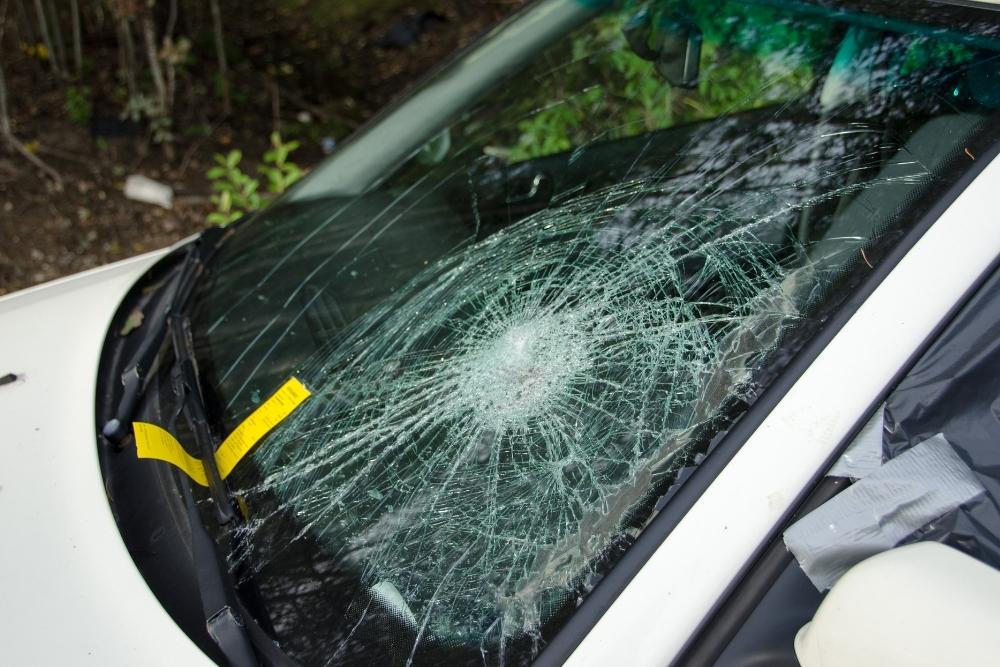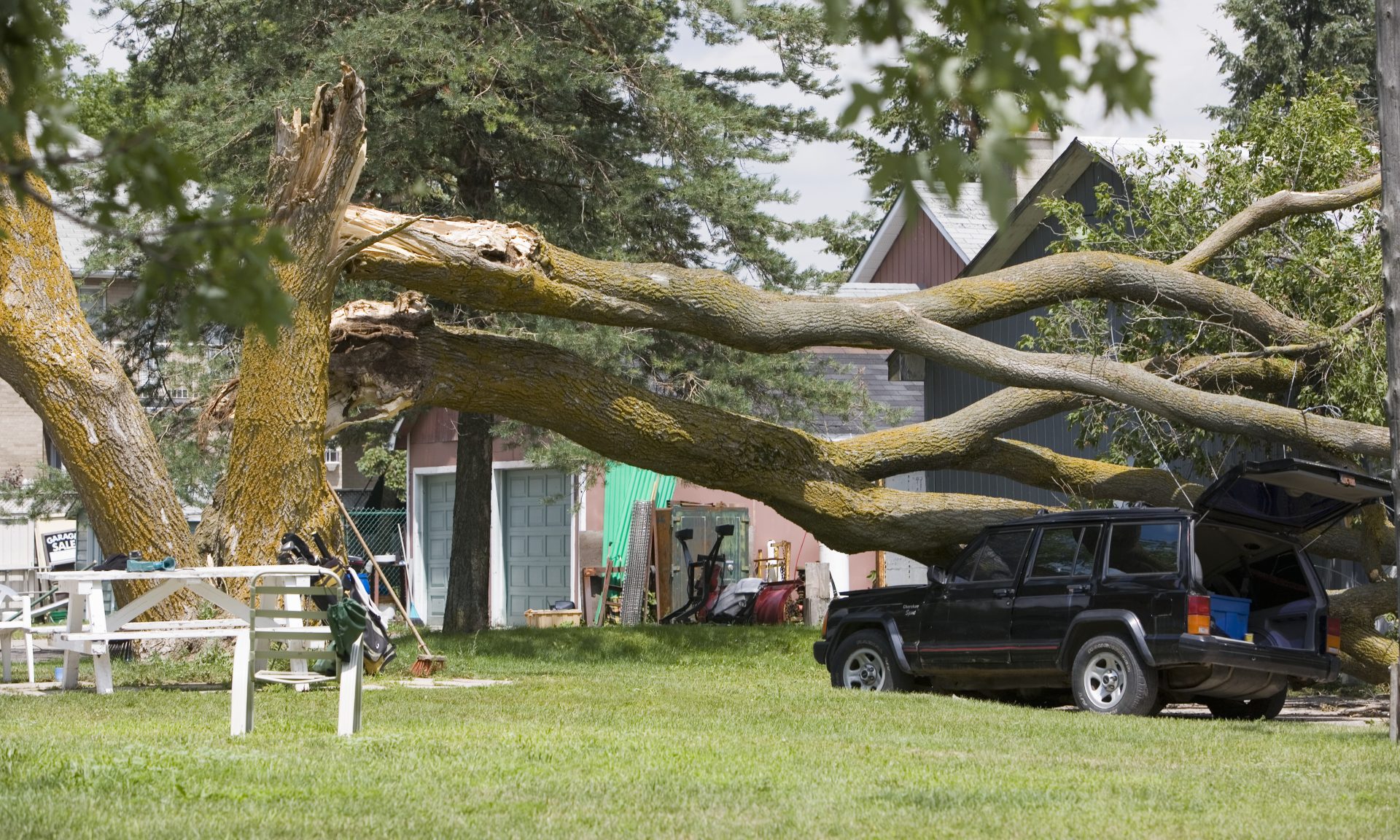Introduction
When it comes to protecting your vehicle, having the right car insurance is crucial. While liability insurance covers damages you may cause to other vehicles or property, comprehensive auto insurance provides protection for your own vehicle against a wide range of perils.
Understanding Comprehensive Auto Insurance
Comprehensive auto insurance offers coverage for incidents that are not related to collisions. This includes damage caused by theft, vandalism, natural disasters like hurricanes or floods, fire, falling objects, and even animal collisions. It’s important to note that comprehensive coverage is optional and typically requires a deductible, the amount you need to pay out-of-pocket before your insurance kicks in.

Benefits of Comprehensive Auto Insurance:
- Protection against theft and non-collision damage: Comprehensive coverage helps safeguard your vehicle from theft and various non-collision incidents that can cause significant damage.
- Peace of mind: With comprehensive insurance, you can drive with peace of mind knowing that you are financially protected against many unpredictable events.
- Lower repair and replacement costs: By having comprehensive coverage, you can mitigate a large portion of repair or replacement costs that may result from covered incidents.
Regardless of the age or value of your car, having comprehensive auto insurance can help ensure that you are prepared for unexpected events that could damage your vehicle. Consult with your insurance provider to understand the coverage options available and find the policy that best suits your needs.

What is Comprehensive Auto Insurance?
Comprehensive auto insurance is a type of coverage that protects your vehicle against damage caused by incidents other than collisions. This includes theft, vandalism, fire, falling objects, natural disasters, and more. It provides an added layer of security to safeguard your investment and give you peace of mind.
Coverage and benefits of Comprehensive Auto Insurance
Comprehensive auto insurance offers several benefits, such as:
Financial Protection: If your vehicle is stolen or damaged due to non-collision incidents, comprehensive insurance will cover the cost of repairs or replacement, up to the actual cash value of your vehicle.
Wider Coverage: Unlike collision insurance, comprehensive coverage protects against a broader range of perils, giving you more comprehensive protection.
Peace of Mind: With comprehensive coverage, you can drive without worrying about the unexpected costs of repairing or replacing your vehicle in case of theft or non-collision damage.
Factors that influence Comprehensive Auto Insurance premiums
When determining the cost of comprehensive auto insurance, several factors come into play, including:
Vehicle Value: The value of your vehicle is a significant factor in determining the insurance premium. Higher-valued vehicles usually have higher premiums.
Deductible: The deductible amount you choose affects your premium. Opting for a higher deductible can lower your premium, but you'll have to pay more out of pocket in case of a claim.
Location: The area where you live and park your vehicle can impact your premium. High-crime areas or regions prone to natural disasters may result in higher premiums.
By understanding comprehensive auto insurance and its benefits, you can make informed decisions to protect your vehicle and mitigate financial risks.

Coverage Options
When it comes to protecting your vehicle, comprehensive auto insurance is a must-have. This type of coverage goes beyond just accidents and provides a wide range of protection against various risks. Here are some key coverage options to consider:
Collision coverage: Protecting against accidents
Accidents happen, and they can result in costly damages to your vehicle. Collision coverage ensures that you are financially protected in case of a collision, whether it's with another vehicle or an object like a tree or a wall. This coverage helps cover the repair or replacement costs for your vehicle, giving you peace of mind on the road.Theft and vandalism coverage: Shielding against property crimes
Theft and vandalism can turn your life upside down. Having coverage specifically designed to protect against these crimes is crucial. Theft and vandalism coverage provides financial protection in case your vehicle is stolen or damaged due to vandalism, such as broken windows or graffiti.Natural disaster coverage: Safeguarding against damage from floods, storms, etc.
Natural disasters can cause significant damage to your vehicle, leaving you with hefty repair bills. With natural disaster coverage, you are protected against damage caused by floods, storms, hurricanes, and other natural calamities. This coverage ensures that your investment in your vehicle is safeguarded, no matter what nature throws your way.In conclusion, comprehensive auto insurance provides a comprehensive safety net for your vehicle. By considering coverage options like collision coverage, theft and vandalism coverage, and natural disaster coverage, you can have peace of mind knowing that you are financially protected in various situations.

Additional Benefits
When it comes to auto insurance, comprehensive coverage offers more than just protection against accidents. It includes additional benefits that can safeguard your vehicle in various situations.
Glass coverage: Repairing or replacing damaged windows or windshields
With comprehensive coverage, you don't have to worry about the expenses of repairing or replacing damaged windows or windshields. Whether it's due to a collision or a stray baseball, your comprehensive auto insurance policy can cover these costs, saving you from hefty repair bills.
Rental car reimbursement: Covering the cost of a temporary replacement vehicle
In the event of an accident or if your vehicle is being repaired, comprehensive auto insurance can provide rental car reimbursement. This means you won't be left without transportation, as your insurance policy covers the cost of a temporary replacement vehicle.
Personal property coverage: Protecting valuable items kept in the vehicle
Comprehensive coverage doesn't just protect your vehicle; it can also safeguard valuable items kept inside. Whether it's electronics, jewelry, or other personal belongings, comprehensive auto insurance can provide coverage for the loss or damage of these items.
By opting for comprehensive auto insurance, you not only protect yourself from accidents and damages to your vehicle but also enjoy these additional benefits that add an extra layer of protection and peace of mind.

Choosing the Right Comprehensive Auto Insurance Policy
Defining comprehensive auto insurance and its importance
When it comes to safeguarding your vehicle, comprehensive auto insurance is a must-have. Unlike basic liability coverage, comprehensive insurance protects your vehicle from a wide range of risks, including theft, vandalism, natural disasters, and more. It provides coverage for damages that are not caused by a collision with another vehicle.
Understanding policy exclusions and what they mean for your coverage
While comprehensive insurance offers extensive protection, it's important to understand the policy exclusions. These exclusions refer to specific situations or damages that are not covered. Common exclusions include normal wear and tear, mechanical breakdown, and intentional acts. Make sure to carefully review the exclusions listed in your policy to know what risks you may not be protected against.
Tips for navigating policy exclusions and ensuring adequate protection for your vehicle
To ensure you have adequate coverage for your vehicle, it's essential to closely review your policy. Consider the following tips:
- Evaluate deductibles and coverage limits: Choose deductibles and coverage limits that align with your needs and budget.
- Understand the types of damage and incidents covered: Comprehensive insurance typically covers theft, vandalism, fire, natural disasters, falling objects, and animal collisions.
- Be aware of common exclusions: Familiarize yourself with the exclusions and consider additional coverage if needed.
- Compare quotes from different insurance providers: Shop around for the best rates and options to find the right comprehensive insurance policy.
By understanding policy exclusions and carefully selecting your coverage, you can ensure your vehicle is well-protected with comprehensive auto insurance.
Making a Claim
When it comes to protecting your vehicle, Comprehensive Auto Insurance is a must-have. This type of insurance coverage goes beyond just accidents and covers damages caused by theft, weather, and vandalism.
Steps to take when filing a Comprehensive Auto Insurance claim
Assess the damage: Take pictures and gather any necessary documentation to support your claim.
Contact your insurance company: Report the incident as soon as possible and provide all the information they require.
File a police report: If your car has been stolen or vandalized, it's important to file a police report and obtain a copy for your records.
Provide evidence: Submit any evidence related to the incident, such as police reports, photos, or receipts.
Cooperate with the insurance company: Answer any questions they may have and provide all the necessary information to process your claim.
Working with your insurance company's claims department
Be proactive: Stay in contact with your insurer and follow up regularly on the progress of your claim.
Understand the policy: Familiarize yourself with the coverage limits and any deductibles that may apply to your claim.
Keep records: Document all communication with your insurance company, including dates, times, and names of the representatives you speak to.
Be patient: Claims can take time to process, so it's important to be patient and follow up as needed.
Comprehensive Auto Insurance provides peace of mind and protects your vehicle from a range of risks. By following these steps and working closely with your insurance company, you can ensure a smooth claims process.
Tips for Lowering Comprehensive Auto Insurance Costs
Vehicle security measures
When it comes to comprehensive auto insurance, keeping your vehicle safe and protected is crucial. Here are some tips to help lower your insurance costs:
Install anti-theft devices: Adding security features like alarms, immobilizers, or tracking systems not only protects your vehicle but could also earn you discounts on your insurance premium.
Park in a secure location: Parking your car in a well-lit area, preferably a secured garage or a monitored parking lot, reduces the risk of theft or damage, which may result in lower insurance rates.
Use a steering wheel lock: A visible and sturdy physical barrier like a steering wheel lock provides an extra layer of security and dissuades potential thieves, potentially lowering your insurance costs.
Upgrade your vehicle's security: If your car doesn't have built-in security features, consider installing them, such as car alarms, GPS tracking systems, or vehicle immobilizers.
Remember, each insurance provider may have different requirements and offer varying discounts. Make sure to check with your insurer to find out which security measures qualify for discounts and which can help lower your comprehensive auto insurance costs.
By implementing these security measures, you not only protect your vehicle but may also enjoy savings on your comprehensive auto insurance premiums.

